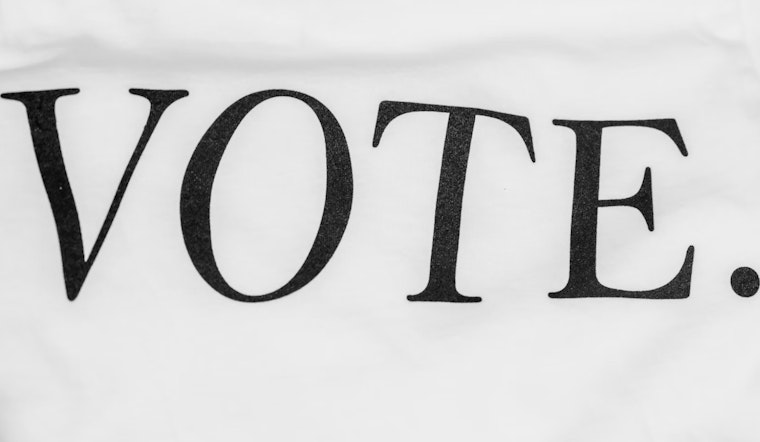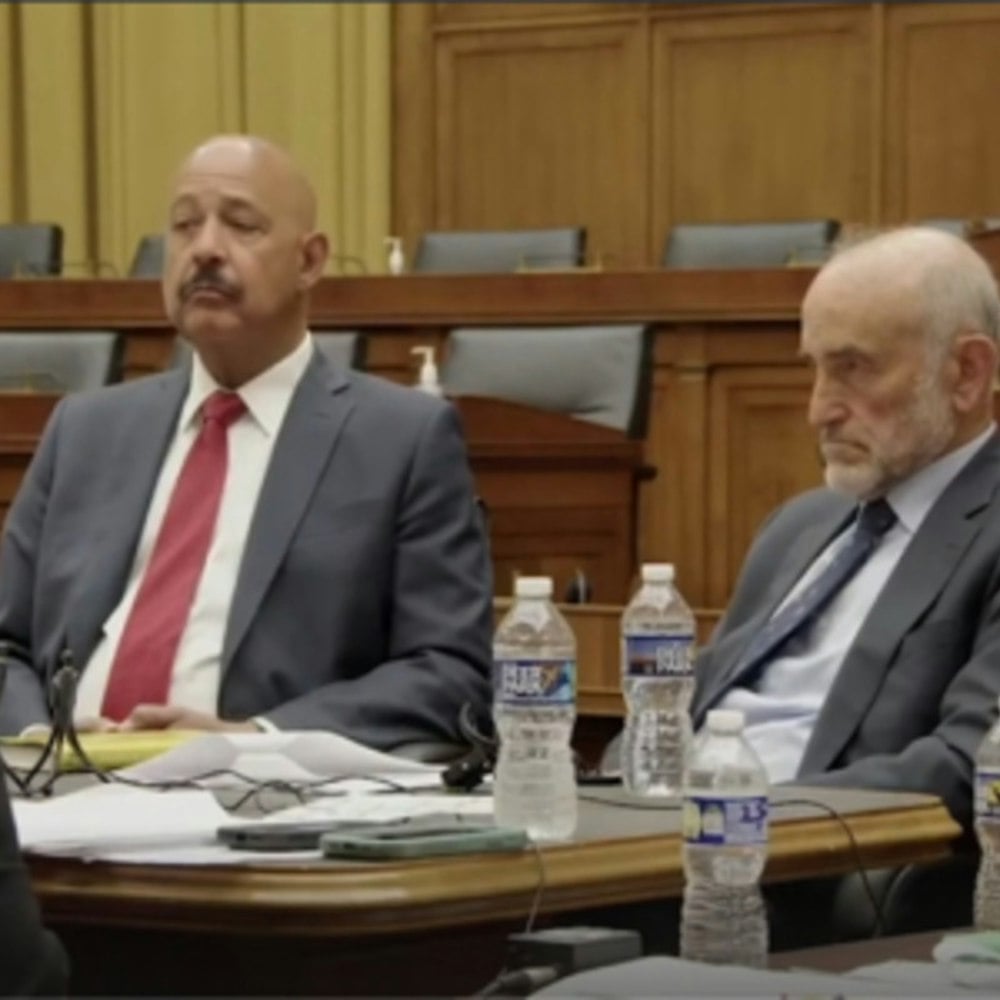
The political battleground for the 2024 Presidential election is heating up, with seven states emerging as major points of contention. These states, pivotal in the race to secure the needed 270 electoral votes, include Georgia, Michigan, Pennsylvania, Wisconsin, Arizona, North Carolina, and Nevada. According to WABE's analysis, former President Trump currently holds modest leads in most swing states, though exactly how things will shake out on election day remains to be seen, especially with third-party candidates like Robert F. Kennedy Jr. making waves.
In a race where financial muscle and voter persuasion play critical roles, President Biden's well-stocked war chest has allowed him to outspend his adversary considerably. As of the latest figures, Team Biden has directed almost $4 million towards ads in Pennsylvania, and $2 million in Wisconsin – battlegrounds considered crucial for electoral victory. On the other sideline, Trump's campaign has only forked out about $700,000 in Pennsylvania for ad campaigns. This maneuvering comes amidst a landscape where, demographics are shifting, and issues like the handling of the economy are influencing voter sentiment. According to an NPR report, a majority of Latino, Black, and young voters view the economy negatively, reflecting broader disapproval of Biden's economic stewardship.
Beyond financials, the changing demographics of the electorate could reshape the 2024 electoral map. States that were once Republican strongholds are now battlegrounds or leaning Democratic, thanks to increasing Latino, Asian American populations, and the remigration of young Black voters, particularly to Georgia. Michael McDonald, a turnout expert, noted that college-educated white voters are leaning more towards Democrats, whilst Trump is targeting white voters without college degrees, a demographic on the decline.
As campaigns strategize, the impact of third-party candidates is also under scrutiny. Robert F. Kennedy Jr. has secured a spot on the ballot in Michigan, Hawaii, and Utah, and he could potentially appear on ballots in nine more states. Though polls reflect a varied picture of who he absorbs votes from, his presence introduces an additional layer of unpredictability to an already complex electoral puzzle. "In 2024, we'll see an even more diverse electorate than we saw in 2020, which was even more diverse than 2016, and more diverse than 2012," McDonald predicted in a conversation with WABE.
Moving forward, the strategies employed by both campaigns will be closely inspected. President Biden is making plays in the "Blue Wall" states, especially targeting unions and working-class voters. The campaign is leaving no stone unturned, with high rates of ad spending in key states. Despite these efforts, challenges remain, such as reverting back to pre-pandemic levels of mail-in voting, which propelled turnout to a historic high in 2020. Reflecting such complexities, Trump requires 35 electoral votes, and Biden needs 44 from the toss-up states if they win all other states leaning in their direction, forging numerous potential paths to victory for each candidate, as outlined by WABE.









